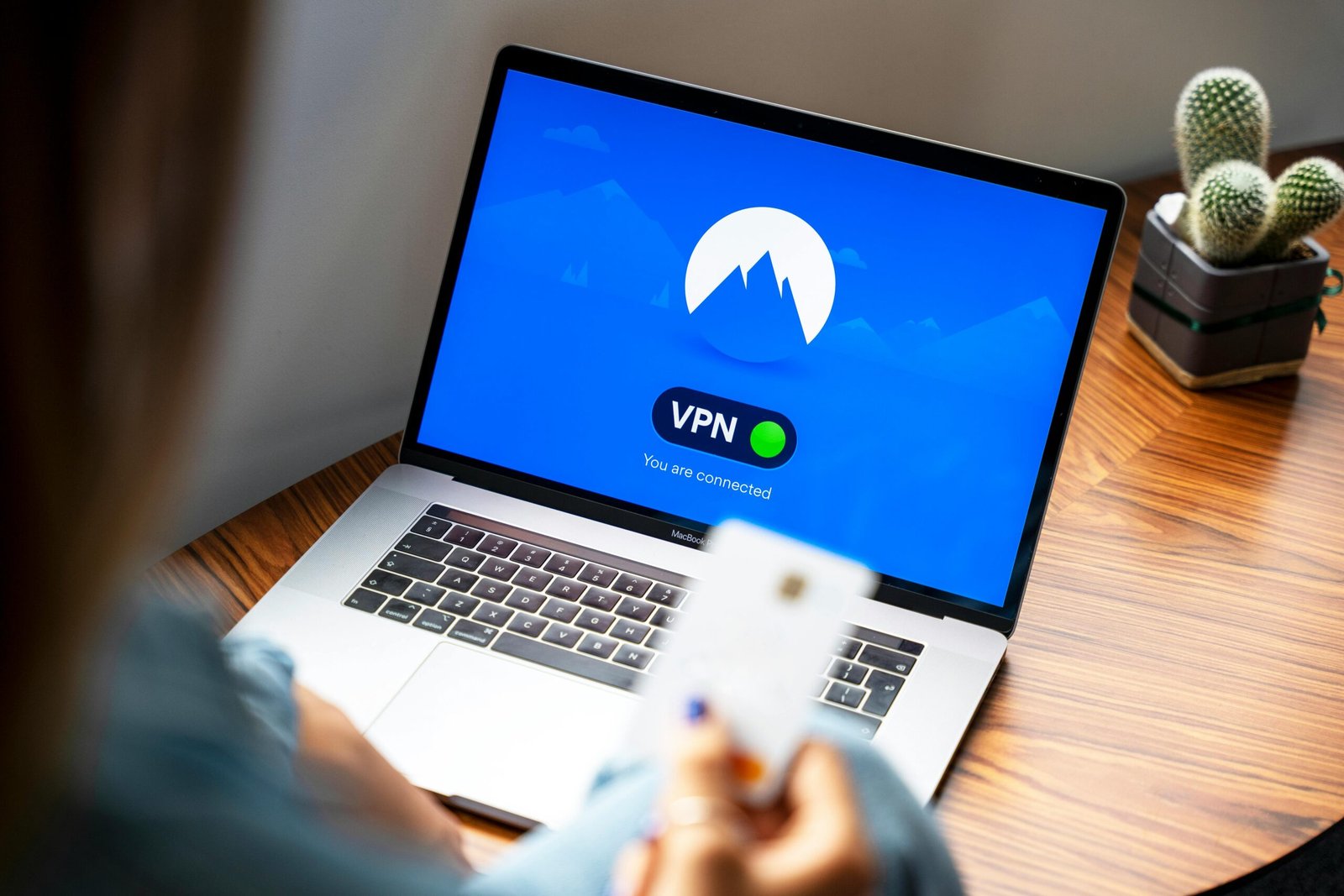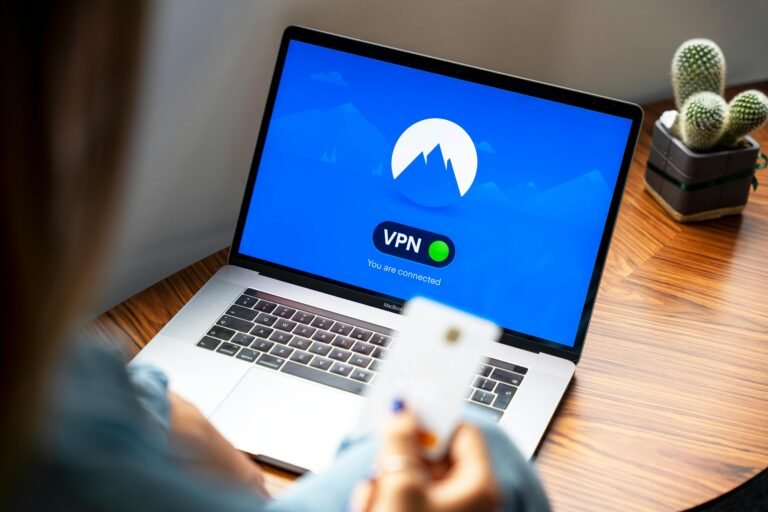Cybersecurity Skills Development: Key Strategies to Enhance Your Expertise
In the rapidly evolving world of cybersecurity, staying ahead of emerging threats and technologies requires continuous skills development. Whether you’re a seasoned professional or just starting out, enhancing your cybersecurity skills is crucial for career growth and staying competitive in the job market. This guide will explore effective strategies for cybersecurity skills development, highlight essential skills, and provide resources to help you advance in the field.
Why Focus on Cybersecurity Skills Development?
- Adapt to Evolving Threats: Cyber threats are constantly evolving, making it essential for professionals to keep their skills up-to-date. By focusing on skills development, you ensure you’re prepared to tackle new and emerging threats effectively.
- Enhance Career Opportunities: Advanced skills in cybersecurity open doors to a wide range of career opportunities, from security analyst to chief information security officer (CISO). Developing your skills can lead to promotions, new job roles, and increased earning potential.
- Achieve Industry Certifications: Many cybersecurity certifications require specific skills and knowledge. By developing these skills, you increase your chances of passing certification exams and earning credentials that are highly valued by employers.
- Improve Problem-Solving Abilities: Strong cybersecurity skills enhance your ability to analyze and solve complex problems. This is crucial for identifying vulnerabilities, responding to incidents, and implementing effective security measures.
Key Areas for Cybersecurity Skills Development
- Network Security: Understanding network security is fundamental to protecting information systems. Focus on learning about firewalls, intrusion detection systems, and secure network design. Hands-on practice with network security tools and technologies is also essential.
- Ethical Hacking and Penetration Testing: Ethical hacking involves simulating cyberattacks to identify vulnerabilities before malicious hackers can exploit them. Developing skills in ethical hacking and penetration testing can be achieved through specialized courses and practical experience.
- Incident Response and Forensics: Incident response involves managing and mitigating security breaches, while forensics involves investigating and analyzing the aftermath. Skills in incident response and digital forensics are critical for effectively handling and learning from security incidents.
- Risk Management and Compliance: Understanding risk management and compliance helps ensure that security practices align with regulatory requirements and organizational policies. Skills in this area include risk assessment, policy development, and compliance management.
- Cryptography: Cryptography is essential for securing data through encryption and decryption. Developing skills in cryptographic algorithms, protocols, and key management is crucial for protecting sensitive information.
Effective Strategies for Cybersecurity Skills Development
- Enroll in Specialized Courses: Take advantage of online and in-person courses that focus on specific cybersecurity topics. Courses from reputable institutions and organizations can provide structured learning and practical experience. For a comprehensive list of courses and certifications, visit Practical Ethical Hacking.
- Obtain Industry Certifications: Earning cybersecurity certifications validates your skills and knowledge. Certifications such as Certified Information Systems Security Professional (CISSP), Certified Ethical Hacker (CEH), and CompTIA Security+ are highly regarded in the industry. Learn more about these certifications on the (ISC)² website.
- Participate in Hands-On Labs: Practical experience is crucial for skills development. Engage in hands-on labs and simulations to apply your knowledge in real-world scenarios. Many online platforms offer virtual labs and exercises to help you practice and refine your skills.
- Join Professional Communities: Networking with other cybersecurity professionals can provide valuable insights and resources. Join online forums, attend industry conferences, and participate in local cybersecurity groups to stay connected and informed.
- Stay Updated with Industry Trends: Cybersecurity is a dynamic field, and staying current with the latest trends, tools, and threats is essential. Follow industry news, subscribe to cybersecurity blogs, and engage with thought leaders to keep your knowledge up-to-date.
External Resources
- For a comprehensive overview of cybersecurity courses and certifications, visit Practical Ethical Hacking.
- Explore detailed certification information and requirements on the official (ISC)² website.
Conclusion
Cybersecurity skills development is a continuous journey that requires dedication and strategic planning. By focusing on key areas such as network security, ethical hacking, incident response, and risk management, you can enhance your expertise and advance your career. Utilize specialized courses, industry certifications, and hands-on experience to build and refine your skills, and stay connected with the cybersecurity community to remain at the forefront of the field.
Hot Topics in Cybersecurity include essential tools and certifications that every professional should be aware of. For instance, mastering Nmap is a must for effective network scanning and vulnerability assessment. If you’re preparing for certification, the CompTIA Security+ SY0-701 course is a must-take to ensure you’re well-equipped for the exam. To enhance your preparation, utilize the SY0-701 Free Practice Exam to test your readiness. Additionally, joining the Practical Ethical Hacking Membership Levels provides valuable resources and updates to stay current in the dynamic field of cybersecurity. For further learning, explore Cybersecurity and Practical Ethical Hacker Courses on YouTube. Engaging with these must-take courses and resources will significantly boost your skills and knowledge in this critical area.


